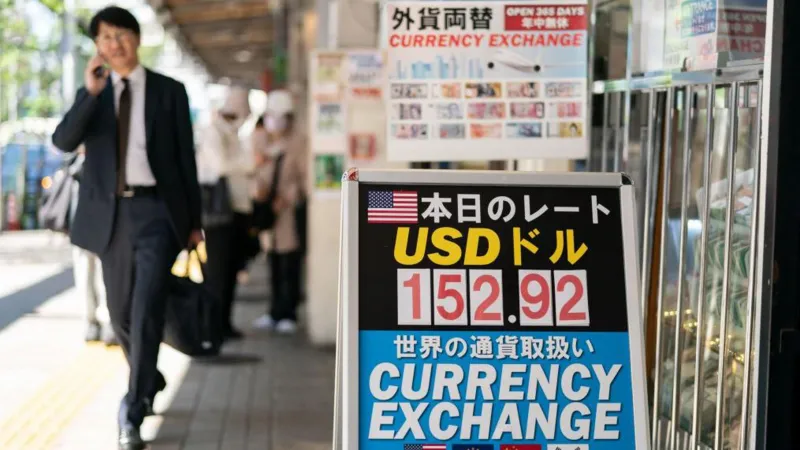Japan’s central bank has raised borrowing costs for only the second time in 17 years to try and normalize monetary policy in the world’s fourth-largest economy. The Bank of Japan (BoJ) increased its key interest rate to “around 0.25%” from the previous range of 0% to 0.1%.
The BoJ also outlined a plan to gradually reduce its massive bond-buying program, stepping back from a decade of stimulus measures. This decision was widely expected after local media reported it on Tuesday night, as noted by Stefan Angrick, a senior economist at Moody’s Analytics. He also mentioned that this move is somewhat at odds with Japan’s recent poor economic data and low inflation driven by demand.
Official figures showed that Japan’s economy shrank by an annualized 2.9% from January to March, and consumer prices rose by just 2.6% in June compared to a year earlier. Despite weak consumer spending, monetary officials sent a clear message by raising interest rates and planning a gradual reduction of the balance sheet, said Frederic Neumann, Chief Asia Economist at HSBC. He added that, unless there are major disruptions, the BoJ is likely to raise interest rates again by the start of next year.
In March, the BoJ raised borrowing costs for the first time since 2007, marking the end of negative interest rates globally. In 2016, the BoJ had cut its main interest rate below zero to stimulate Japan’s stagnating economy. Negative rates meant people had to pay to deposit money in banks, encouraging spending over saving.
During the pandemic, central banks worldwide slashed interest rates to counteract the negative effects of border closures and lockdowns. Some countries, including Switzerland, Denmark, and the European Central Bank, introduced negative interest rates. Since then, central banks like the US Federal Reserve and the Bank of England have raised interest rates to control rising prices.
This summary provides a simplified explanation of Japan’s recent interest rate hike and its economic context, highlighting insights from economists and crediting BBC as the source .
https://www.bbc.com/news/articles/cw4yz4emgwko

